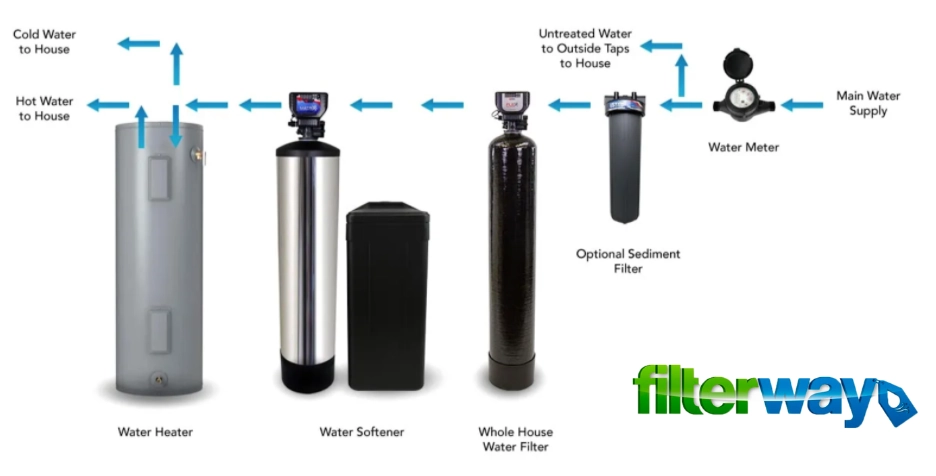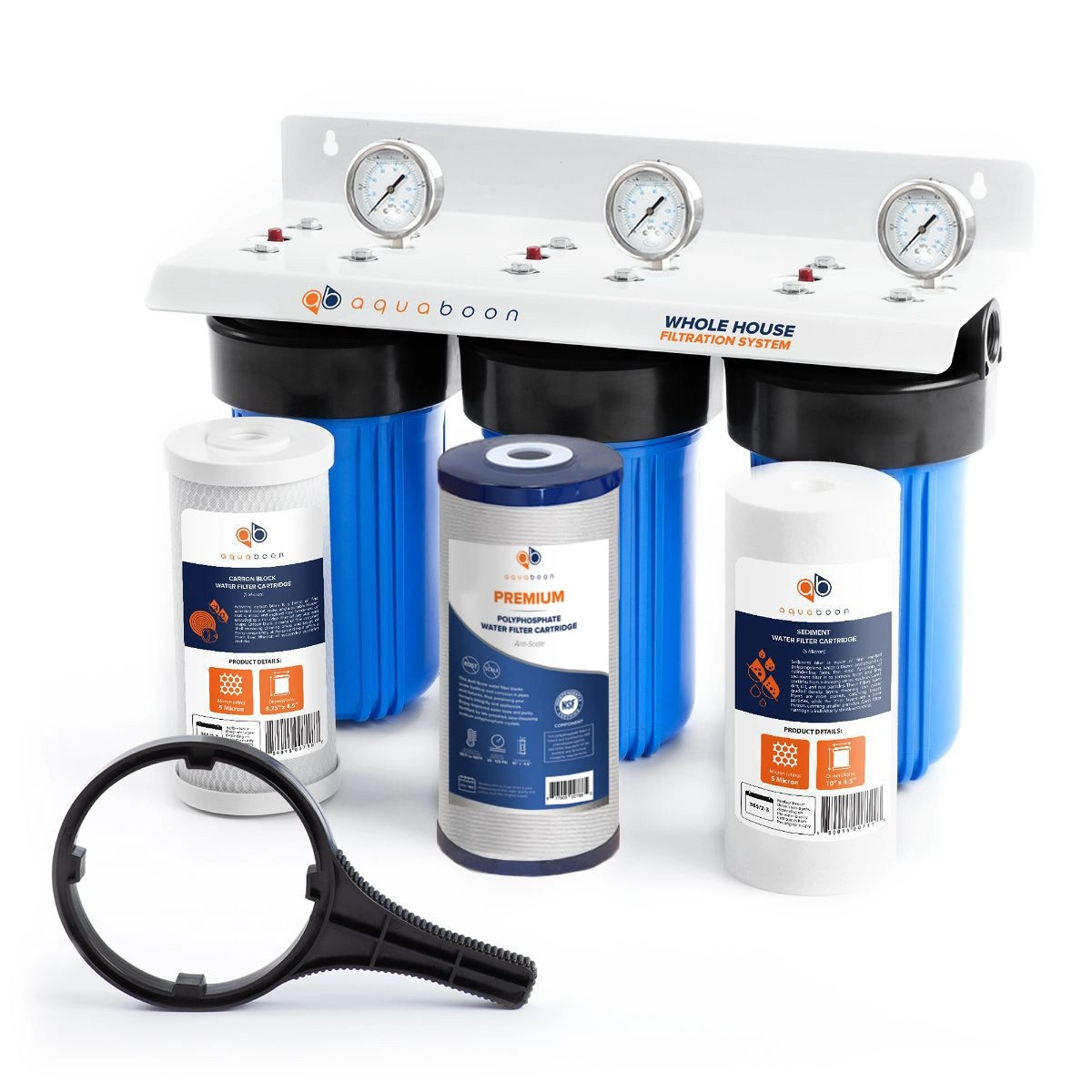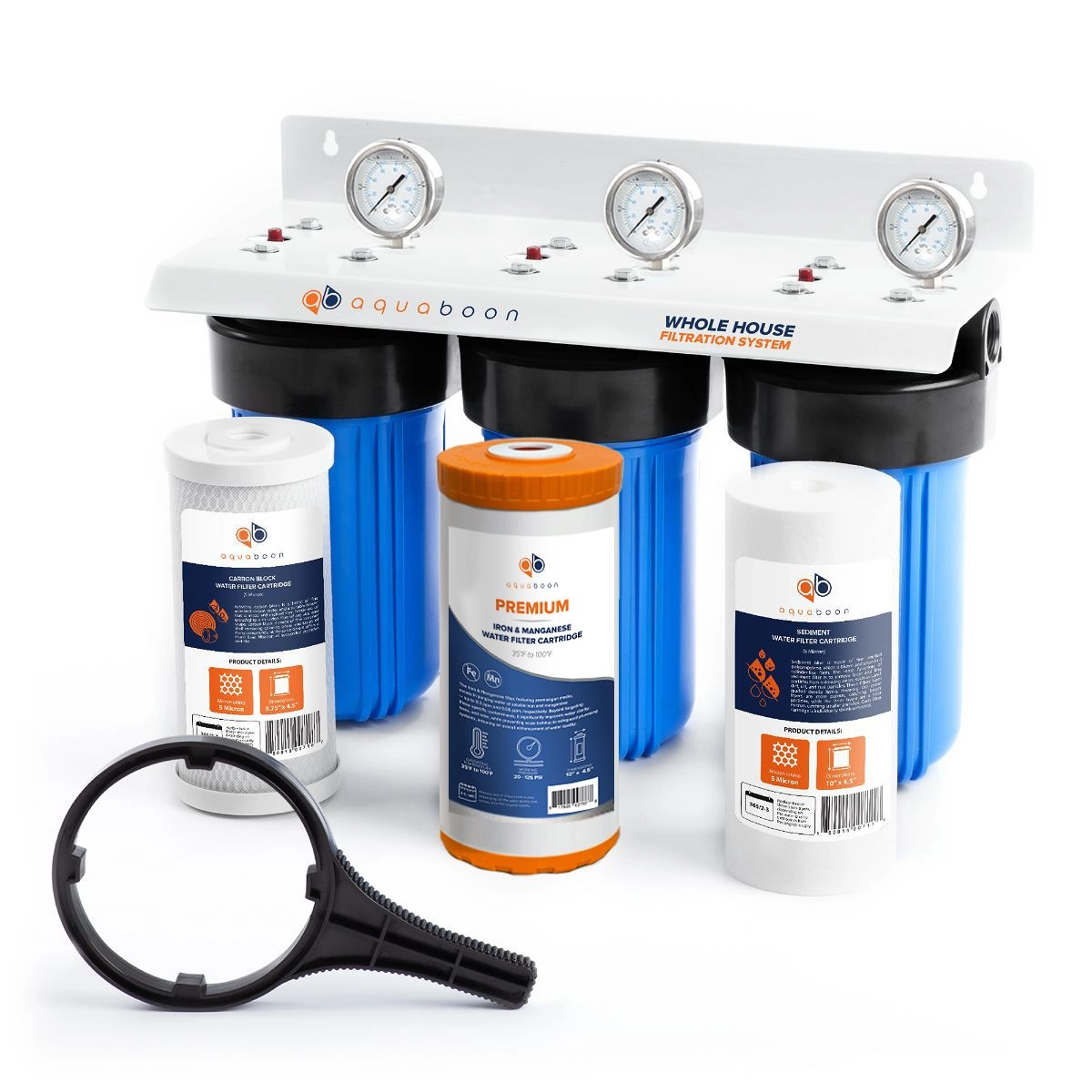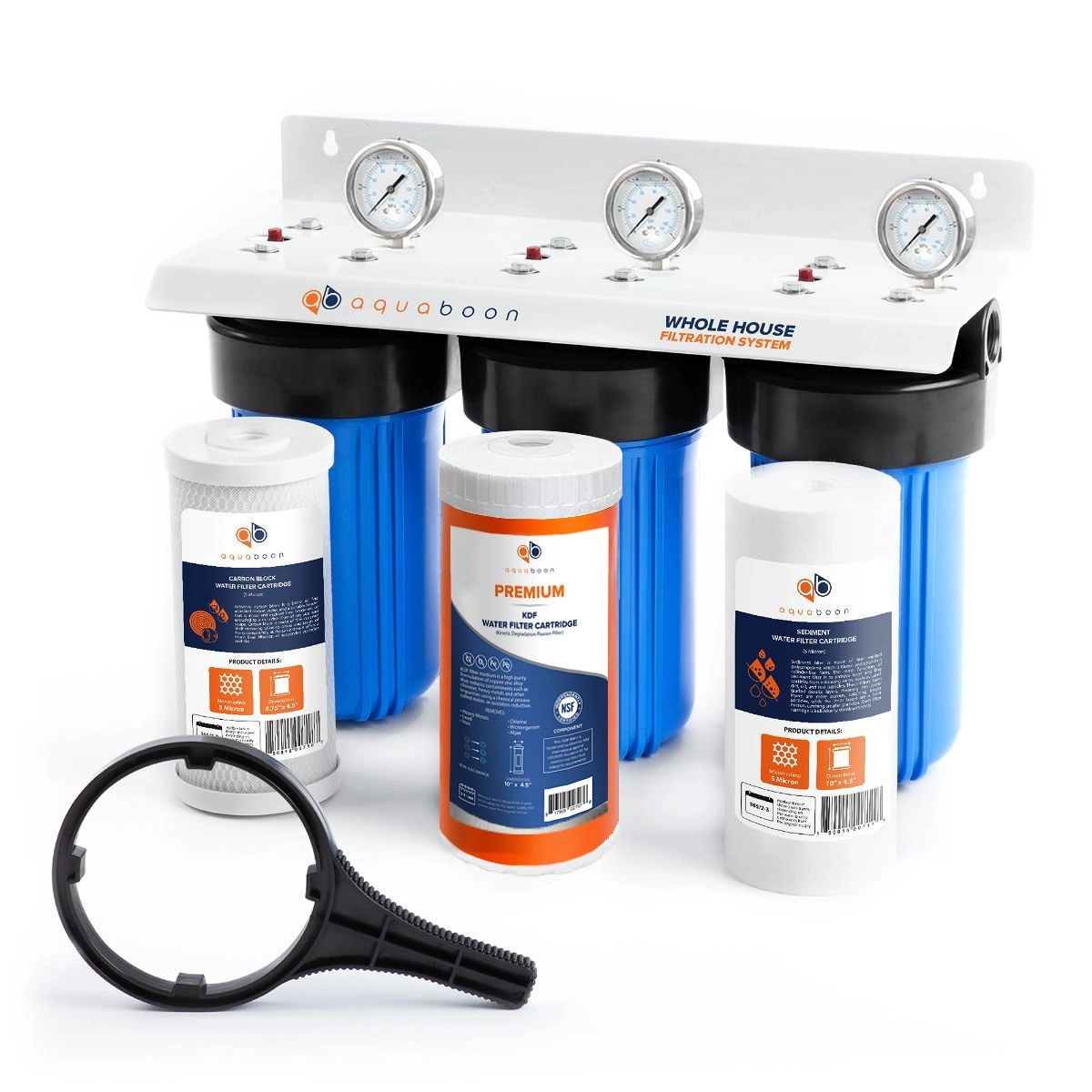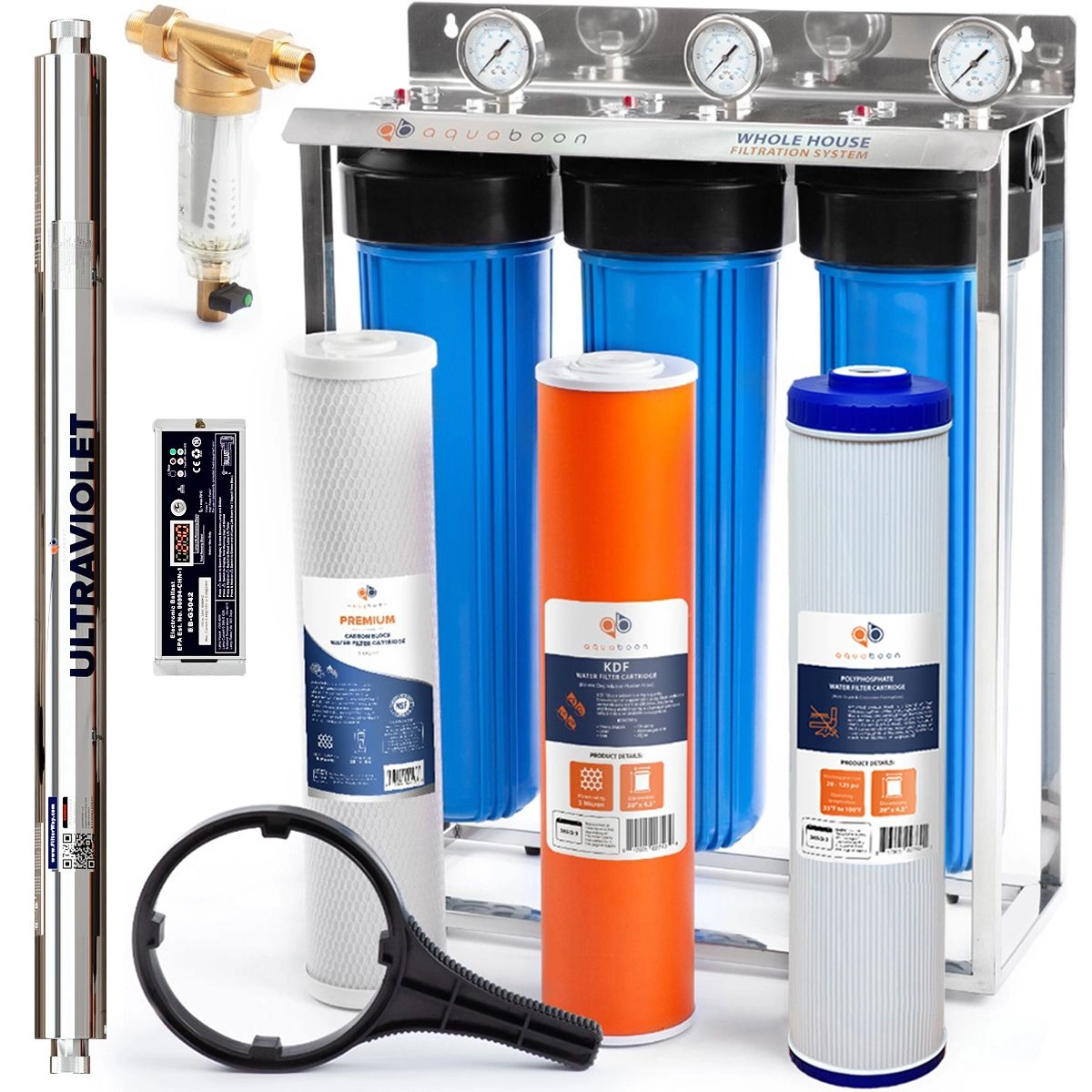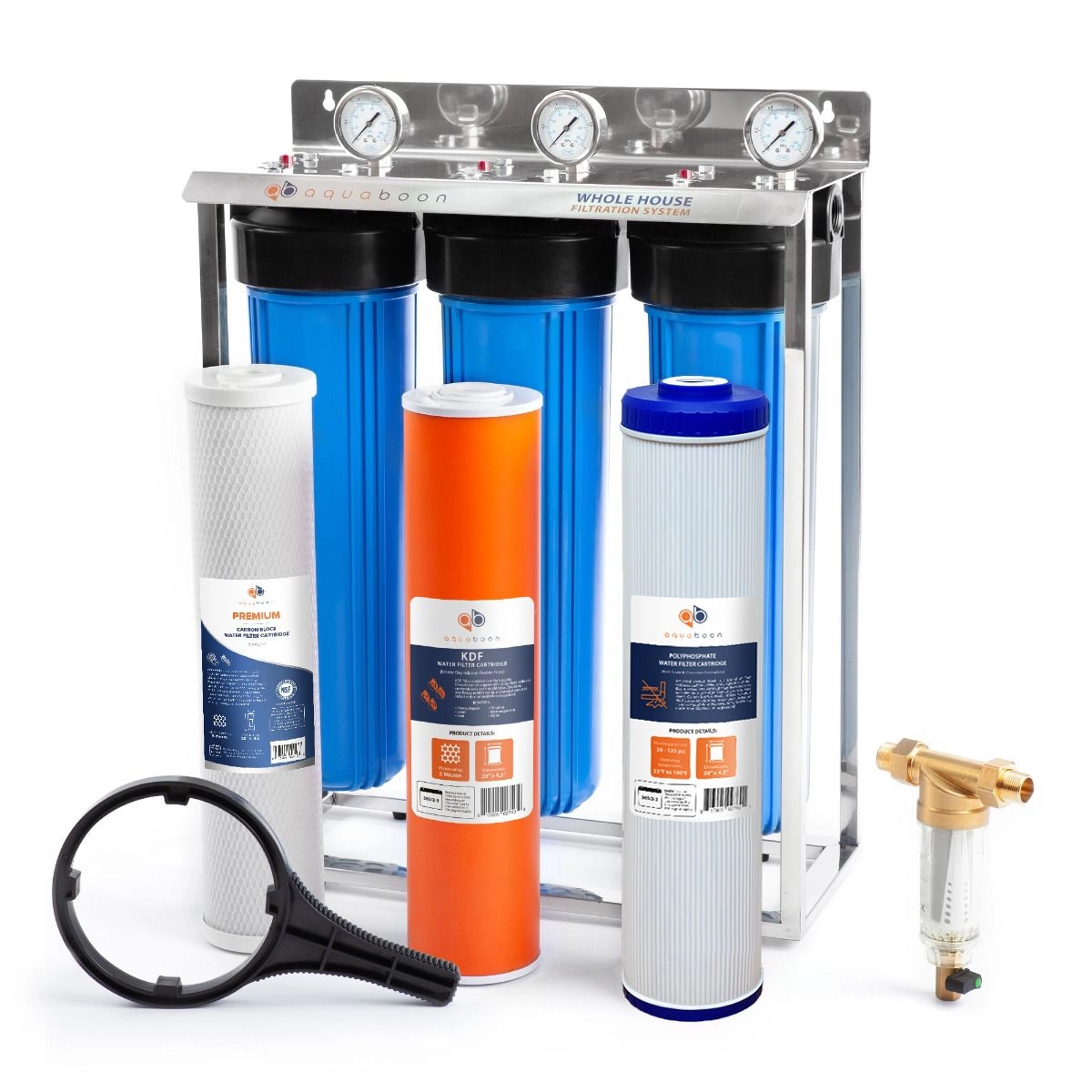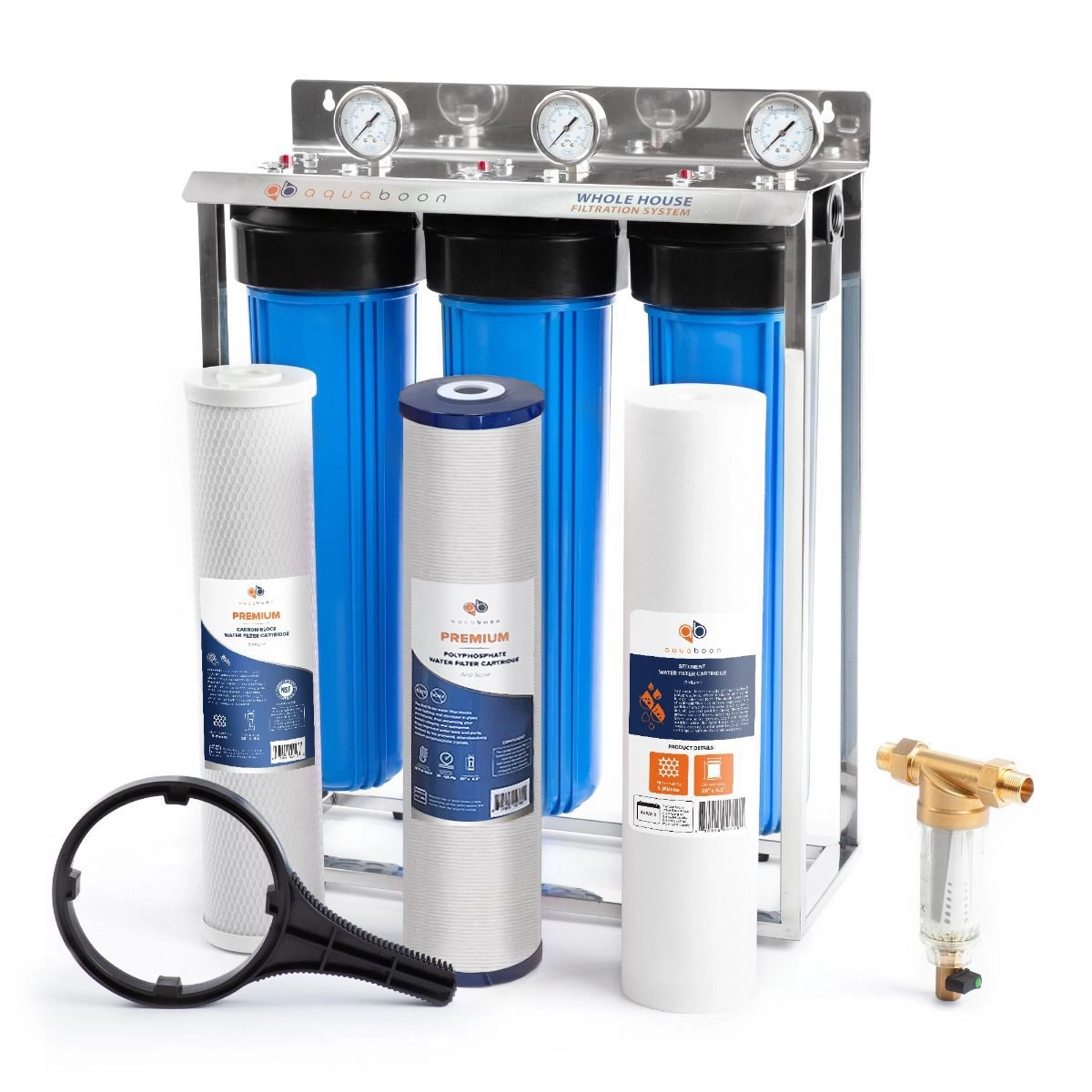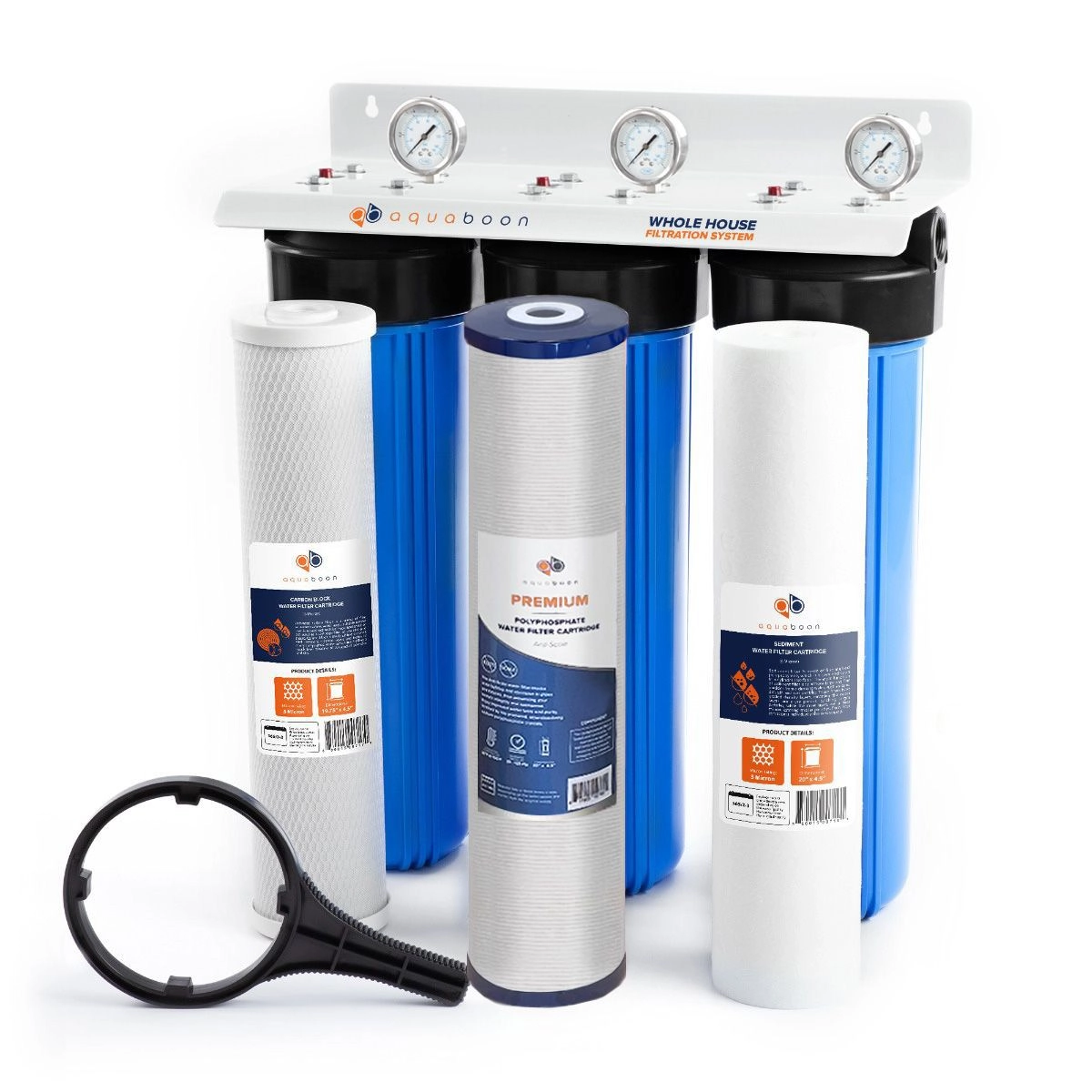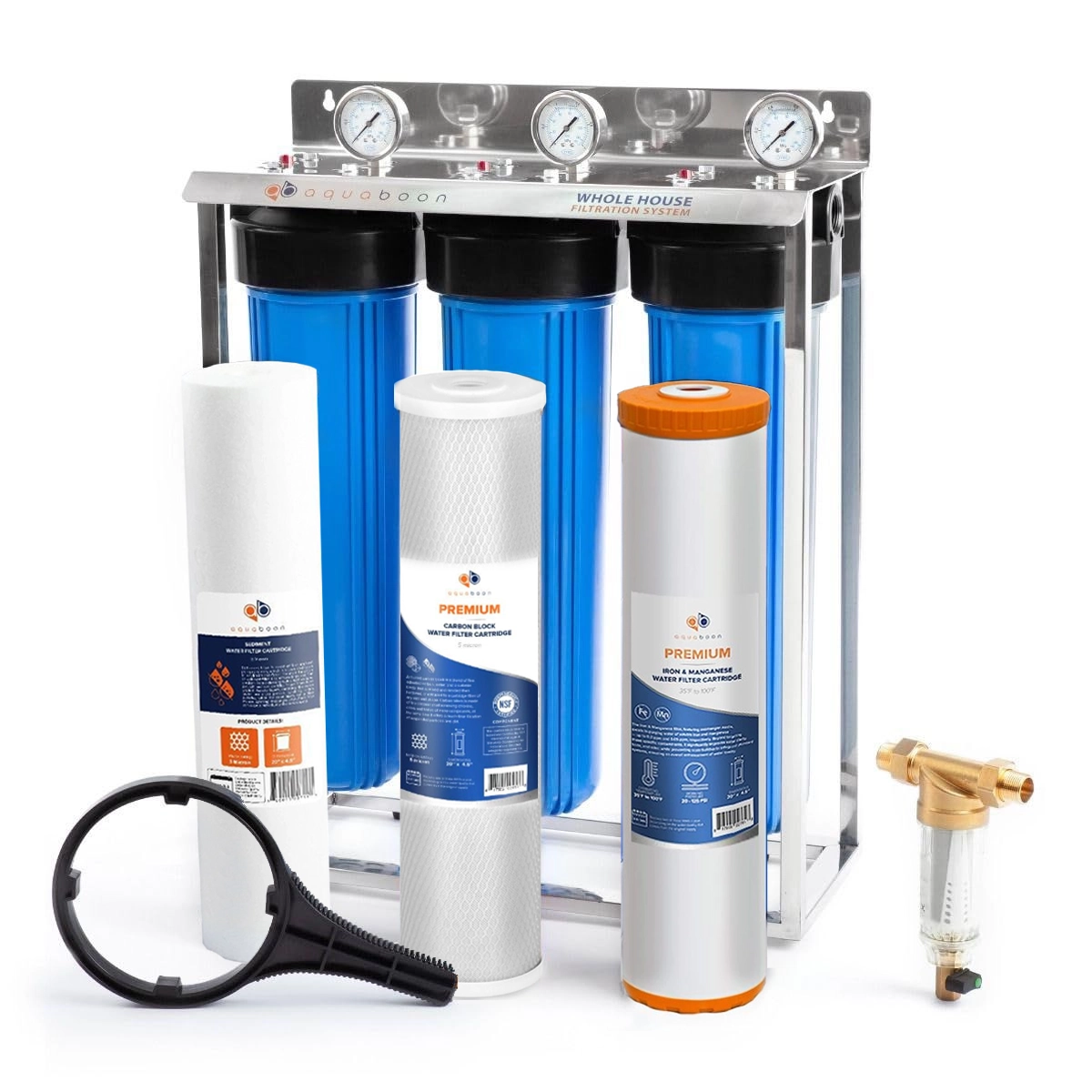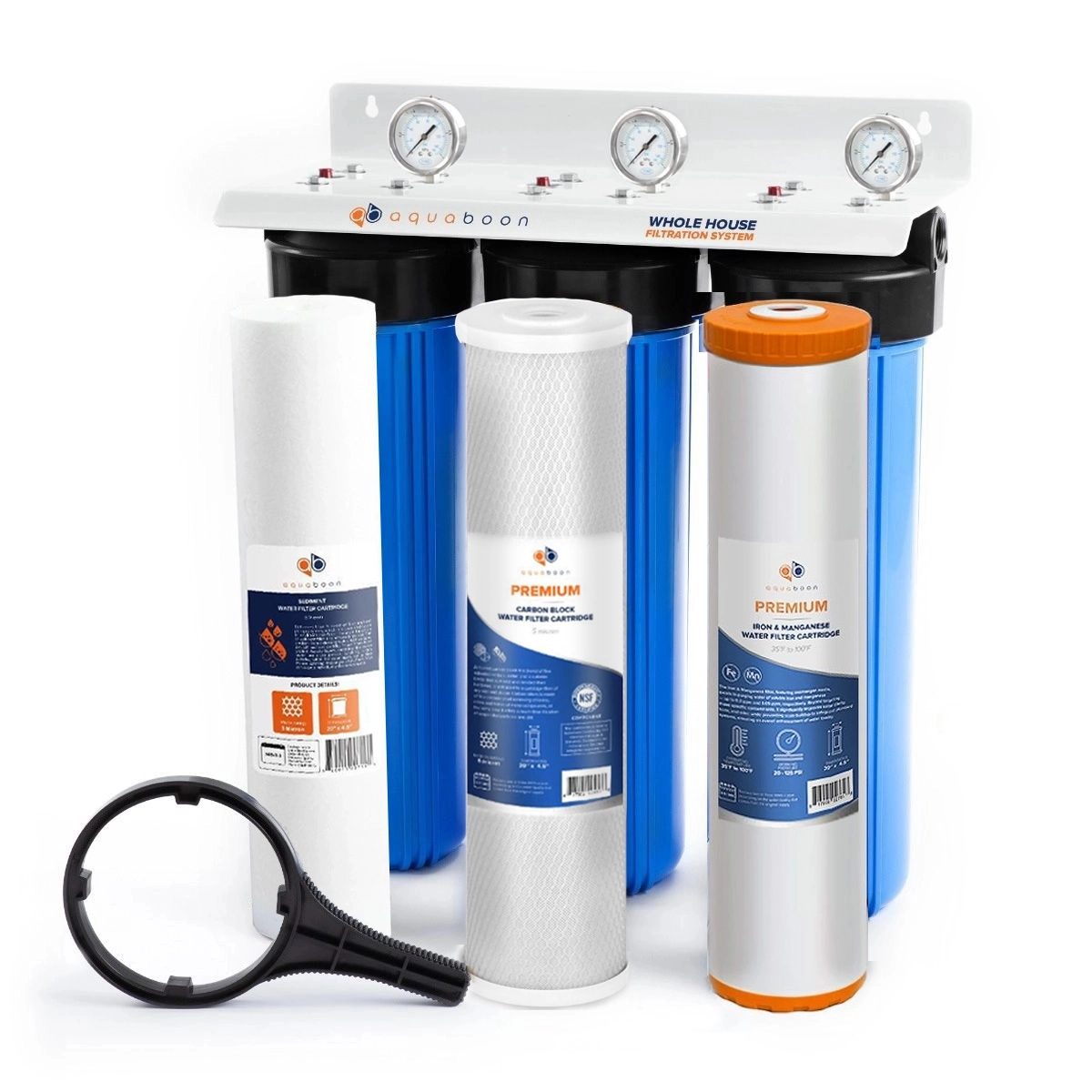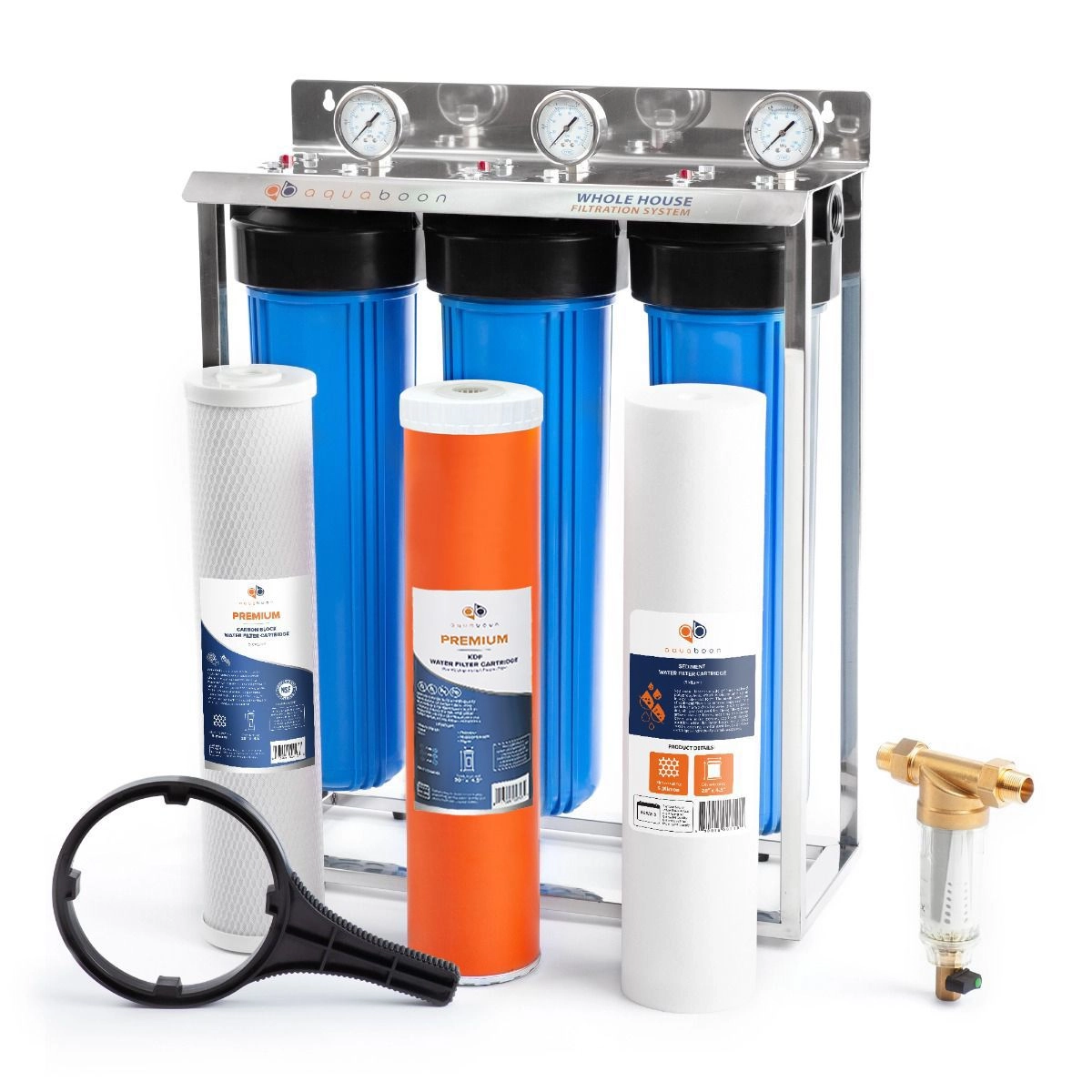A good water purifier for home is a worthwhile investment as it provides a healthier way to hydrate, minus bad tastes, pungent smells, and bacteria. It gets rid of harmful micro-organisms and chemicals that may wreak havoc on your family’s health.
Manufacturers have created various water filters types, catering to people’s vast filtration needs. However, what is obviously an advantage, has left people asking one question, ‘what water filter do I need?’.
This article focuses on the varieties of decontamination technologies in the market, divulging further how they work and when they would be your best-suited choice.
Let’s dive into the details.
Main types of water filters
When searching among the host of water purifiers available, consider these three:
Whole house systems
If you are looking for the best way to access safe water for drinking, bathing, washing, and cooking, look no further than complete home water filtration systems. These are POE systems that get rid of harmful pollutants before they access any water outlets in your home. As a result, you gain access to toxin-free water through your faucets, showerhead, dishwasher, and washing machine.
Whole house systems can also be used as water softeners. They reduce excessive amounts of minerals that make water hard, resulting in clogged pipes, an accumulation of limescale, and water that does not lather easily. These purifiers will soften the water, increasing the longevity of pipes and other home appliances. Your clothes and utensils will also be cleaner as soap will dissolve more easily.
The unmatched efficiency of whole house systems results from their robust decontamination technologies. For starters, they leverage mechanical straining to rid the water of particles and debris before accessing your home. Secondly, they also use carbon technology to effectively eliminate chemicals, metals, bacteria, and disinfectants that alter the taste and smell of water. Lastly, some use ultra-violet technology to kill micro-organisms that cause illnesses and irritations.



